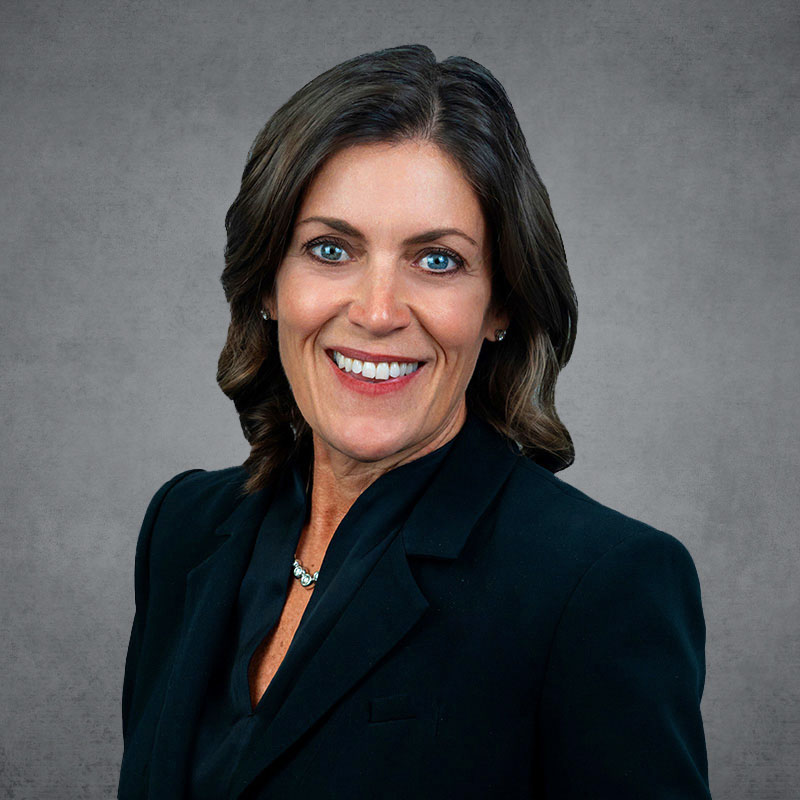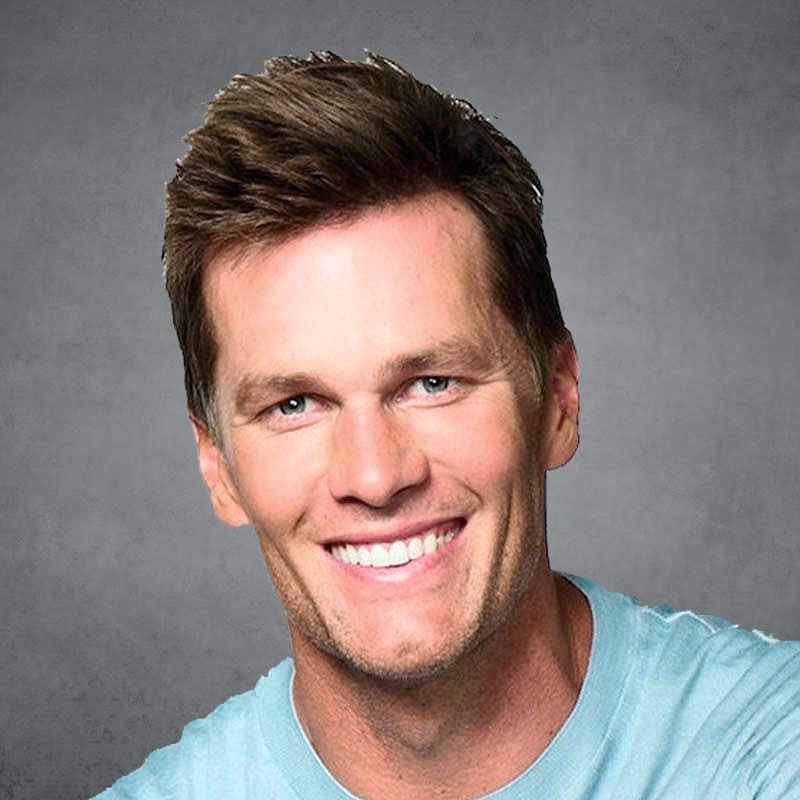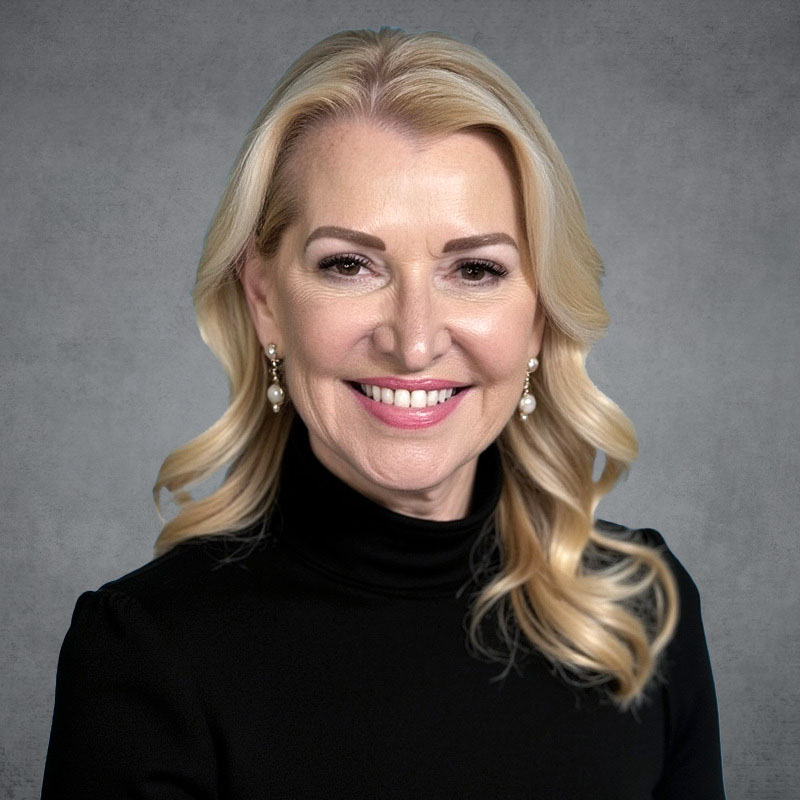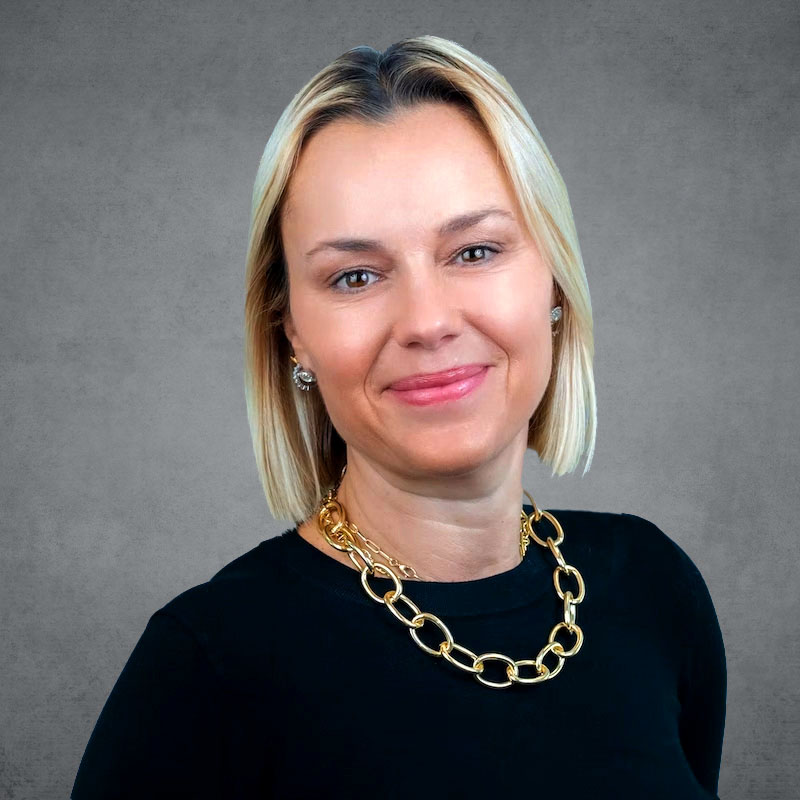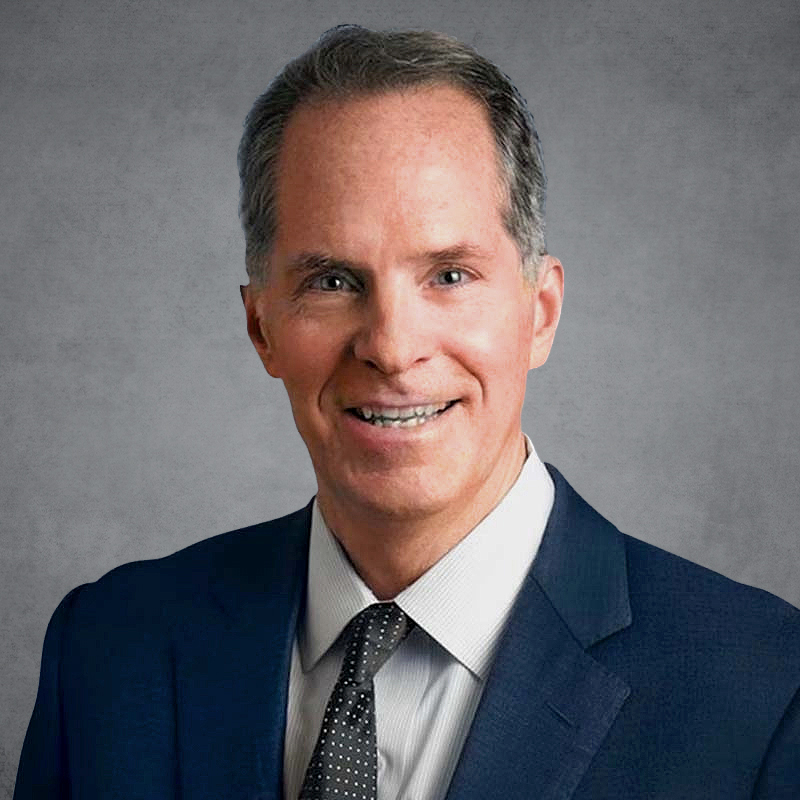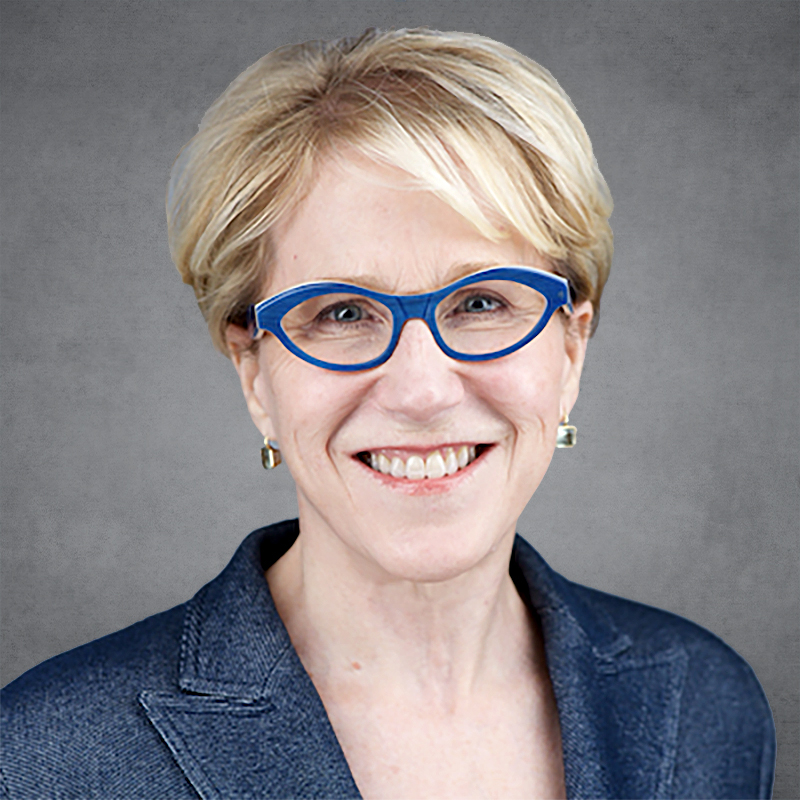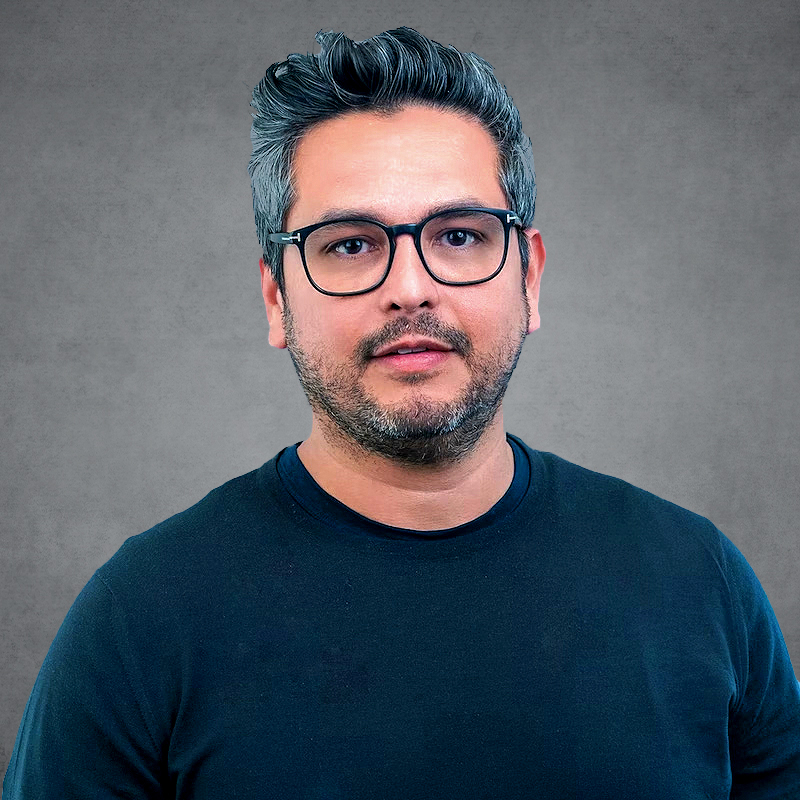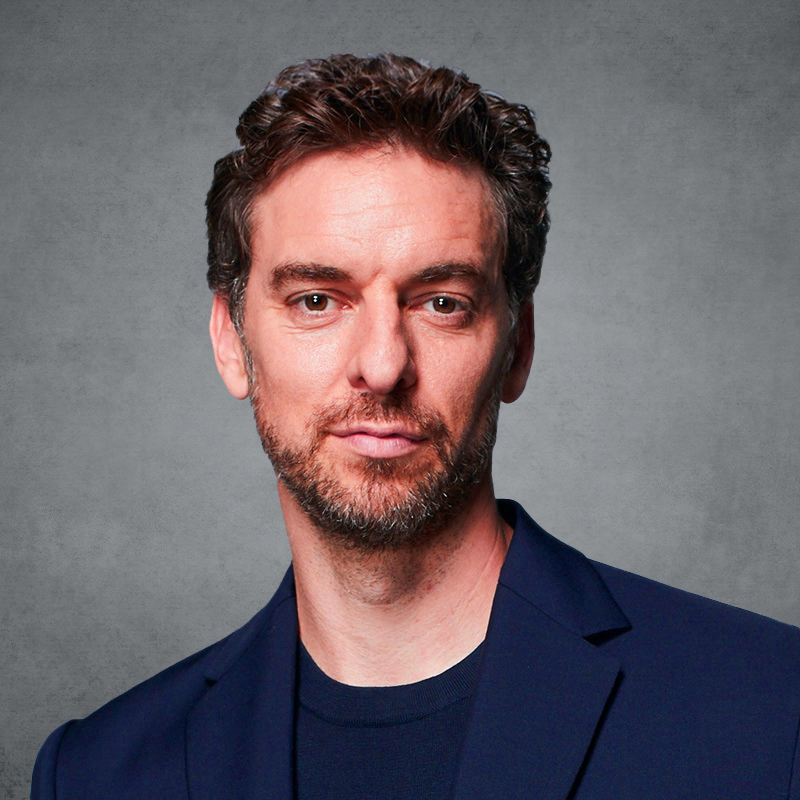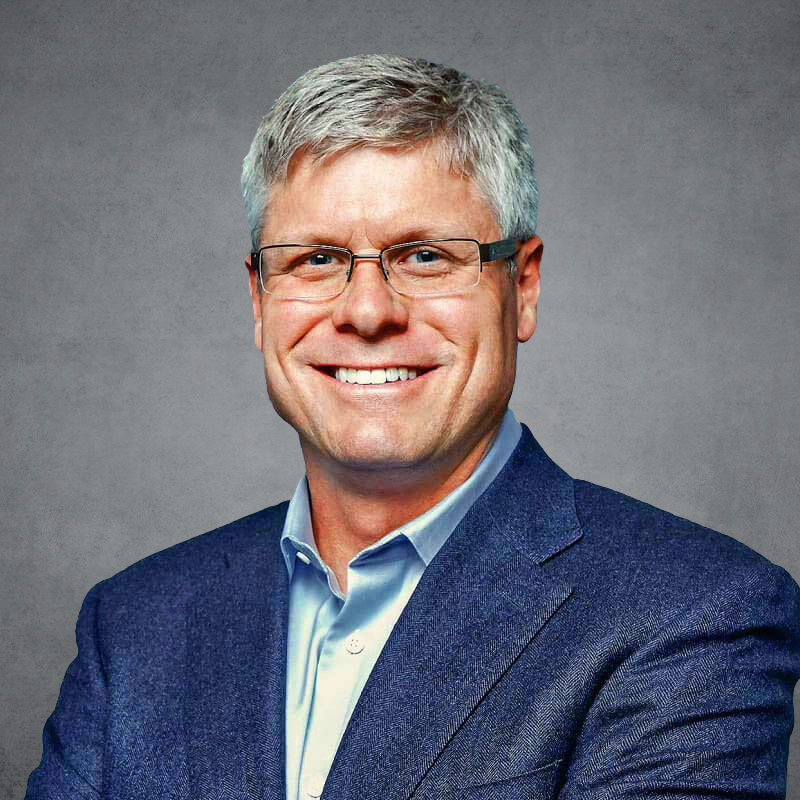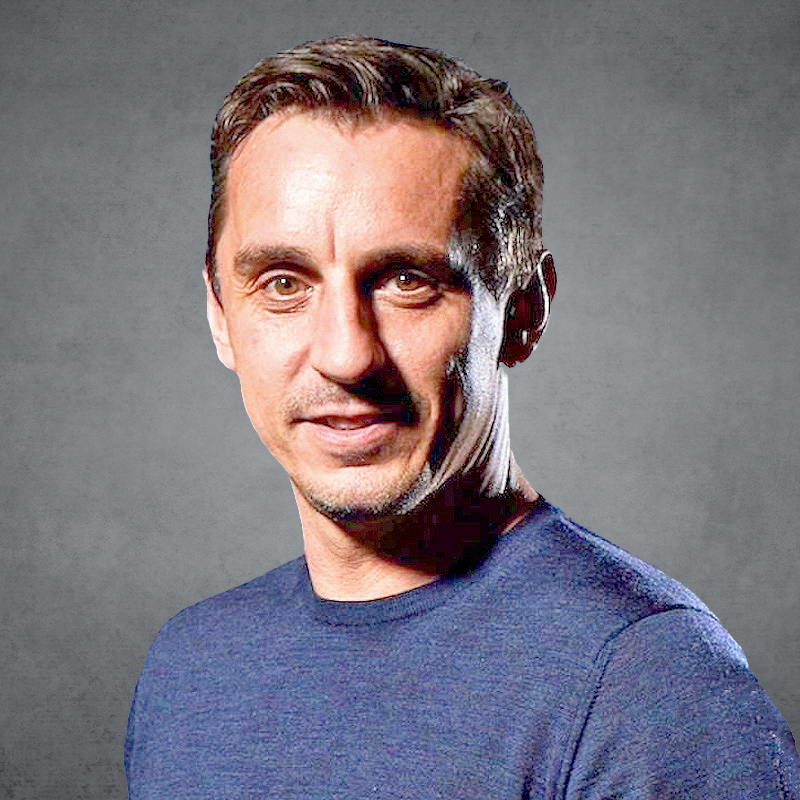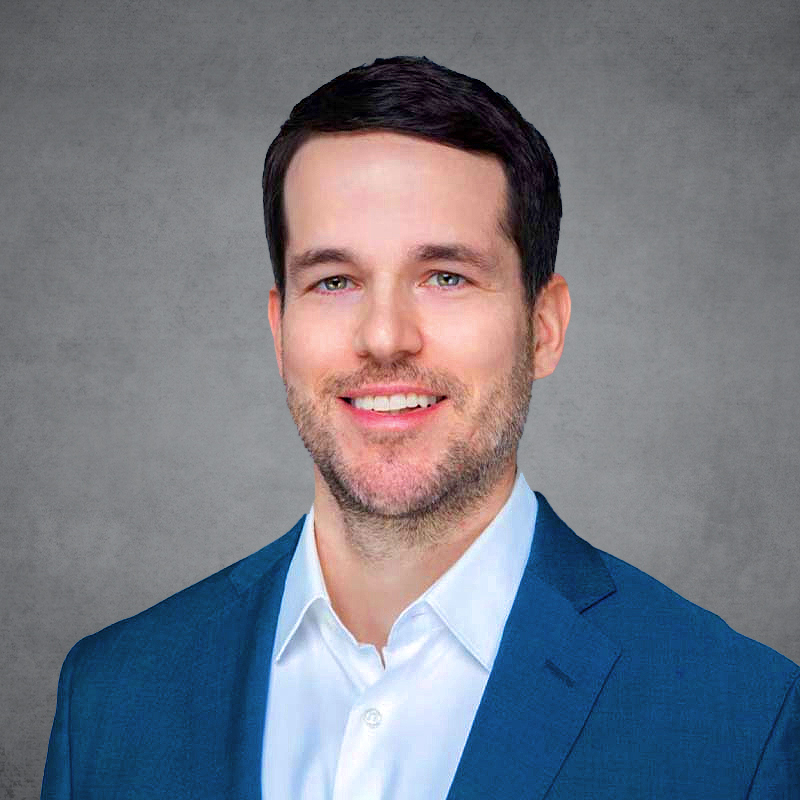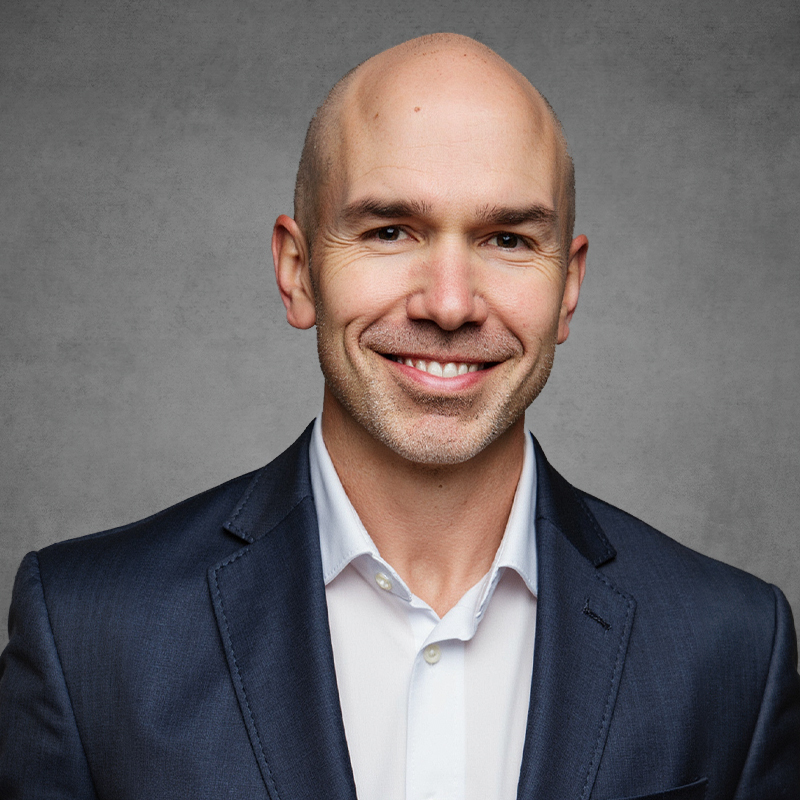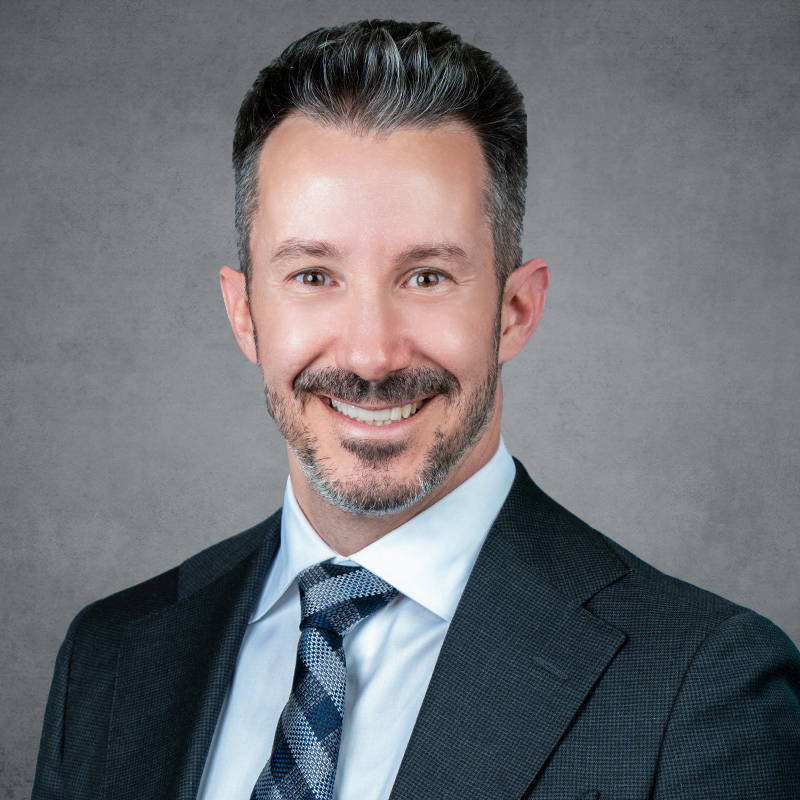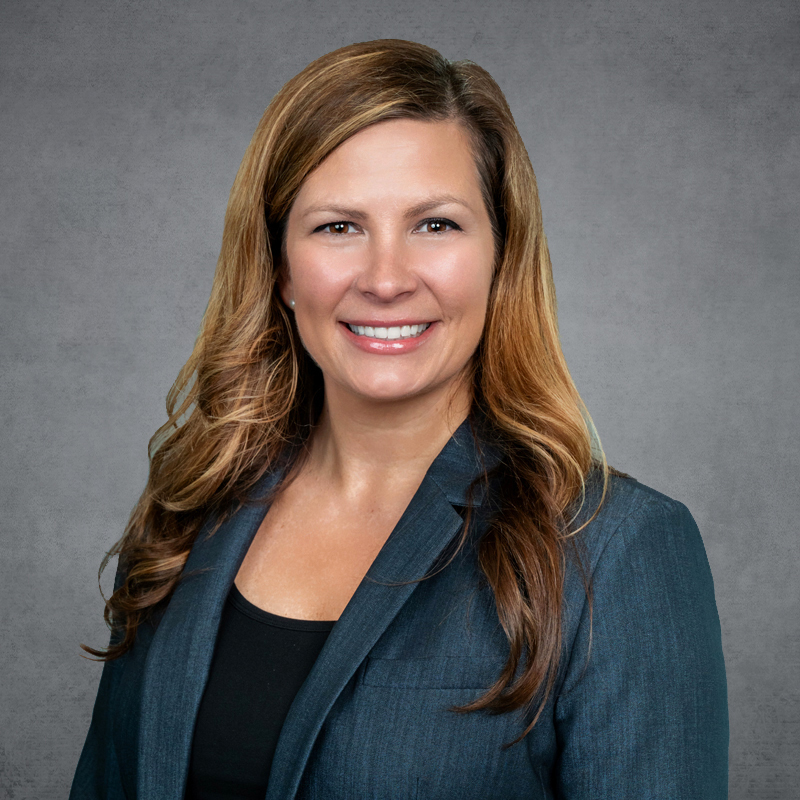Forks in the Road: The Choices That Define a Life


Executive Perspectives
Growth means discipline. Having discipline means that when you’re faced with difficult choices – career pivots, growing your family, pursuing new ventures or responding to adversity – you can define your priorities. Discipline is the epitome of being able to perfect your craft, do more and continue down your path to be great and do what you do best.
Growth means discipline. Having discipline means that when you’re faced with difficult choices – career pivots, growing your family, pursuing new ventures or responding to adversity – you can define your priorities. Discipline is the epitome of being able to perfect your craft, do more and continue down your path to be great and do what you do best.
The older you get or the more experienced you get, the more discipline you have to have. When you’re doing something for 20 years, it can be easy to lose that discipline and forget the hard work it takes to get you to success.
Discipline is something you have to actively work on. It is a verb and it’s all about action and not being complacent. Fortunately, I’ve never been a person who is complacent. In the locker room after a Grand Slam, I’m always wanting to do better and win the next one. I know I should be allowing myself the space to be happy in the moment, but I’m never complacent almost to a fault.
For me, I’ve practiced discipline through tennis, but it has extended into so many different areas of my life, including my family life and business. And it’s been this discipline that has empowered me to learn new things and acquire new skills when I have pivoted to new opportunities and taken new, unexpected paths in my life and career.
No Growth Without Goals
Standing still means moving backward, but every day offers a chance to move forward. If you’ve got big goals – for example, if you want to be a Jeff Bezos, Michael Jordan or Tom Brady – then every day you need to have a plan and have high, lofty goals for what you will achieve. Every year, I have goals that I write down for the rest of the year. I’ve never reached all of them, but then that means there is always opportunity for improvement. This mindset of continuous progress made me a successful professional athlete and I have been applying that same approach in business to grow in that arena.
Unfortunately, it feels like setting personal goals as a businessperson can be underrated and overlooked. No matter what you’re trying to be great at, it is important to think through the metrics you want to hit that year for the company and yourself. Why is this helpful? If you hit those goals every year, you’re going to improve, and that sets you up for success when you’re trying to get to that next step in your life or career.
My goals are different right now as a retired athlete. The list used to be how many Grand Slams I wanted to win. This year, for the first time in a long time, my goals didn’t include winning tournaments. With retirement, I’ve had a chance to focus on growing in other ways. For example, one of my goals this year is to take time for me because I don’t do that – I’m always on the go and I always want to do more and be better. I am focused on having self-love and taking time for myself because that helps my mental health and empowers my well-being. In turn, that helps me get recharged to show up better in different parts of my life: as a mom, businessperson or athlete. This goal is an important one because I’m a giver – I give 1,000% in everything I work on – but that means my tank often ends up empty. Over time, I’ve learned the need to practice self-love.
Similarly, while I’ve always had goals for my business ventures, that part of my life has become a bigger priority. I’m so focused on leading my team to pick out great companies and invest and advise them to be able to grow. I’m proud of the unicorns we’ve been able to fund – but that growth doesn’t just happen because you want it to. It has to be a goal.
Perhaps it comes with the territory of discipline, but I’m hard on myself. I had my self-review for my venture fund and gave myself a low score. I thought I could have done better and thought through things differently. I’m a realist and will tell it how it is when it comes to myself. I tend to be hard on myself to a fault, but just as we recognize in others that they can make and learn from mistakes, we need to give ourselves the same grace. The perfectionist in me holds myself to high standards across the board, but I can use some help learning how to be more forgiving of myself.
Not ‘Having It All,’ But Having What You’re Willing to Work For
As women leaders, we face different choices than our male counterparts. We have to make tough decisions that men would never have to. When I announced my evolution from tennis last year, it was a tough time to be at that crossroads. A year later, it’s still hard every time I watch a Grand Slam event. I think I could be out there winning. As brutal as it is to admit, I know that if I were a man, I would still be playing tennis now. But Olympia wanted a sister. I wanted another kid. I’m not playing tennis and I had to make that decision. I don’t regret it – I love my baby so much and she’s the best kid. It was worth it.
For much of my life, tennis was my sole focus, but I’ve been fortunate to find fulfillment and success in so many different areas like fashion, entrepreneurship and, most of all, my family. There were a lot of critics who told me what I can’t do – and who tell women more generally what they can’t do – and I challenged those ideas throughout my career. But through that journey, I learned that you really can’t do it all. I found that if I wanted to be truly great at something I had to focus, and trying to do it all takes that focus away.
That’s where prioritization comes in because your priorities help indicate what is valuable to you, where to spend your time and the decisions you make about what forks in the road to pursue. We have to be able to prioritize what the most important things are in our lives, and my priorities have shifted since I became a mom. My kids are unquestionably my first priority and what I want to focus on. I’m obsessed with them. When I became a mom, that changed how I see life, and all the other priorities fell into place behind that.
In business, my next-in-line priority is focusing on my venture work because I want to be good at that. As I learned from my tennis career, the only way to get that good is to be focused and build a great team. It won’t happen overnight. This area is a priority for me because the need to bring venture funding to women and diverse founders is more important than ever. Less than 2% of venture capital funding – out of the hundreds of billions of dollars invested every year – goes to women founders. Similarly distressing is that just 1% goes to Black founders. When I first heard this number, I was so shocked that I thought it was misquoted. Frankly, we should be shocked into action by this number. Closing this gap is critical. Our mission at Serena Ventures is to support those founders with good products and services and make sure they know they have access to funding no matter who they are.
When it comes to prioritization, not focusing on certain things doesn’t mean you have to give them up. The balance of doing it all is recognizing where others can help. It takes discipline to understand that, and I had to learn the hard way that I can build a team that can be experts in certain areas and take the burden off me. I was so determined to learn it all and had to accept that I could spend my time doing that if I wanted to, but I wouldn’t be as good as I needed to be. I built teams for my fashion and venture work. That way they can focus on those areas with greater dedication. That means I don’t always have to focus on everything at once and always be on.
Practicing for Progress
I have never shied away from hard work – whether it’s getting better at tennis or learning how to support entrepreneurs. But when you’re constantly working to get better, you have to know when it is time to pivot and take a new path.
If something is broken, you need to change it. Going back to goal setting, if something isn’t working for you and you’re not reaching the goals you wrote down, make a right instead of the left you planned to take. You can’t constantly do the same things if you’re not getting results.
However, be careful with fixing something that isn’t broken – that’s the difference between trusting the process rather than having a knee-jerk reaction. The best athletes and business leaders understand the difference and how to evaluate incremental success versus the need to scrap the strategy and move on. In a dynamic system, leaders know if they are on the right path if they can identify areas for improvement and implement them while keeping track of KPIs toward their end goal.
If things are working, don’t change course, but figure out how you can elevate the course. That means adding to make the business better rather than changing. For example, AI is super trendy right now and it’s clear that it isn’t going away. How can business leaders add AI while keeping the things that are working in their companies? We need to constantly ask ourselves “How do I make it better?” Even if things are working, businesses need to continue to evolve for long-term growth, testing new techniques and adjusting with learnings to make them better along the way.
Growing up as a tennis player and going professional in the sport, I learned early on that I can’t dwell on the past. If you’re focusing on a loss, you lose space and time. This happened to me constantly early in my career. As much as it sucks and is painful and you want to do better, it doesn’t help to dwell. I learned that I have got to move on and can’t focus on errors, what I missed and what could have gone better. I’ve lost Grand Slams because I’ve dwelled on past mistakes instead of living in the present.
It’s a lesson you have to learn in sports: Move on or get lost in the shuffle. If you don’t learn, you get left behind, and you don’t want to be left behind. There is a difference between learning from mistakes and living in regret. Regret is a verb that takes your energy away from the growth opportunity you should be taking, and it has no place in the learning process. Learning should be action-oriented toward the future and is about not repeating your mistakes.
Fortunately, the discipline I honed on the tennis court stayed with me as I moved primarily on to business. A lot of athletes can say that no one works harder than us: We’re used to waking up and training for eight hours per day, doing physical therapy and eating a certain way. Every single aspect of our lives is centered on the goal of being the best at our crafts.
From my experience as an athlete, I can outwork anyone. That means when I am working on my business, looking at deals and mentoring founders, I am really able to give a different perspective. I want to be able to move the needle myself. Mentally, it’s on the same level and requires a lot of conversations and engagement, but physically, I’m not sweating for eight hours a day.
Fortunately, when I need to make key decisions, I don’t have to do it in a vacuum. I have several mentors whom I go to for advice. I believe in the power of women helping women and have some amazing women mentors, but I also have a lot of men who have mentored me throughout my career. They bring a different perspective, and it is really interesting to pick their brains and understand the confidence that they have in business and elsewhere.
Having diversity in your mentors is so important because it empowers you to get different opinions and views of things to get to the best solutions. We often think of the need for diversity within the companies we’re part of, but it has to be part of your mentor network as well.
These mentors give me lots of things to think about, but when it comes to decision-making, I need to go back to myself. I love writing everything down, taking my time when I receive information, digesting it and meditating on it. Especially as I’ve had my kids, I’ve recognized that none of these decisions have to be rushed without having a moment to make the right choices.
Adding Fuel to the Fire
Sometimes, the path to success can feel lonely and you need that extra bit of motivation. Being the best drives me, so it is easy to maintain focus on my goals with that ambition in the back of my mind. Maybe it is innate because I haven’t known anything else since I was a kid, but I always wanted to be the best at everything – the smartest kid in class, the best on the court and, now, the best businessperson.
As I mentioned, discipline is critical here to maintain focus on your goals. Without a goal, you’re flying blind, and you have to have a plan to stay focused. My dad always said, “If you fail to plan, you plan to fail.” Writing things down helps me visualize my goal and plan and think through how to make it work. Planning and sharing goals are important to keep you from forging ahead aimlessly. By putting pen to paper, I see the path I want to get to and see the steps and obstacles I’ll face and how I’ll get through them.

And tell me no, and I’ll show you I can. And tell me no and I’ll dig my feet right in. Tell me no, just tell me that I can’t win. Come on, I’m sure I’ll prove you wrong, go on and go, tell me no.
- Whitney Houston
There has been no shortage of critics throughout my career. Fortunately, adversity definitely drives me – because it makes me want to do it more. And as I’ve said, I will outwork anyone to achieve my goal.
I read a comment on Twitter (now X) once that said: “Serena is done, and her career is over.” First of all, the comment didn’t make sense at the time. Second of all, I don’t know why I read that because I know better than to go into the comments. However, I love it when people say, “she can’t.” As silly and trollish as it was, I was so motivated that I won my next tournament.
I’ve always played with a chip on my shoulder and it’s cool and savage to think about quieting critics. But that’s my way of processing criticism and finding motivation. You have to find out what it is that gets you ticking. You are who you are at your core, which doesn’t change. Now I’m bringing the same mindset to business and operating with the same chip on my shoulder. I think of the lyrics in Whitney Houston’s “Tell Me No”:
And tell me no, and I’ll show you I can.
And tell me no and I’ll dig my feet right in. Tell me no, just tell me that I can’t win. Come on, I’m sure I’ll prove you wrong, go on and go, tell me no.
Expecting the Unexpected
One of the traits that has helped me on the court and in business is that I feel like I’m always ready for the unexpected. That means I’m more prepared for when wrenches get thrown at me that force me to pivot in a new direction. In tennis, I was at something of a disadvantage because people always played me harder than anyone else. I couldn’t do a lot of scouting because if my opponent had a forehand and a weak serve, they would play better in those areas when they played me – but I had to be ready for when the unexpected happened if I wanted to win.
That trait helped me when it came to a complicated childbirth experience with Olympia. Because she was my first child, I had read a few books and spoken with other mothers and learned a valuable lesson that this was not the time to go in with a plan. It’s so important for women to share their stories and experiences because that’s how we can begin to learn and advocate for ourselves. Because of these conversations, my “plan” was to not have a plan and be ready for the unexpected. I ended up having Olympia via C-section and was comfortable with that twist because I’d had conversations with other women and learned about their experiences.
I don’t want to think of alternatives to what could have happened with Olympia and being prepared for the unexpected helped me manage my expectations. It was the most beautiful thing for me to be able to carry my children. I feel fortunate that I had this opportunity and wouldn’t change my experience, but women sometimes have to make difficult decisions when it comes to their bodies. Having authentic conversations helped change the way I approached motherhood.
It’s never the right time to be a mom, but I hear a lot of women in business who are thinking they’ll wait until it’s a good time. For me, I’m coming from a world where it was never going to be a perfect time because being a healthy pregnant woman and a new mom meant taking time away from my career. All I can say is that if it’s something you want, you’ll make it work. There is nothing more exciting than having a kid, even winning a Grand Slam.
It’s an Evolution – Not an Ending
When I think about my decision to step away from tennis and take a new fork in the road, I knew I had to make a decision that I would never regret. It is hard to say goodbye to things. I wish I could tell leaders when it’s the right time to take a new path, but I can’t answer that – they will know when they know.
Leaders must root back to their goals and ask themselves if they are still achieving and growing in areas that are valuable for them. They need to understand if the areas they have identified as priorities are where they are spending their time – which is how I knew it was time for me to focus on my children and back away from an area that had been such a big part of my life for so long. To be great at something, you have to be deliberate about following that path and not getting distracted by things that aren’t priorities.
The choice to move on from tennis was an evolution, not an ending. That’s because my vision is bigger than even the greatest achievements of tennis can offer. There is a lot of work to be done in this world – from closing the gap in venture funding to supporting women who want to become mothers and still be at the top of their careers – and I’m not content to limit myself to one area of excellence. There is too much left on the path before me to stop now.
- 1
Visram, T. 1% of venture capital goes to Black founders. California’s new bill hopes to shame VCs into change. Fast Company. (2023 Oct. 20). Retrieved from https://www.fastcompany.com/90969457/1-of-venture-capital-goes-to-black-founders-californias-new-bill-hopes-to-shame-vcs-into-change
The views and opinions expressed herein are solely those of the individual authors and do not necessarily represent those of The Consello Group. Consello is not responsible for and has not verified for accuracy any of the information contained herein. Any discussion of general market activity, industry or sector trends, or other broad-based economic, market, political or regulatory conditions should not be construed as research or advice and should not be relied upon. In addition, nothing in these materials constitutes a guarantee, projection or prediction of future events or results.




